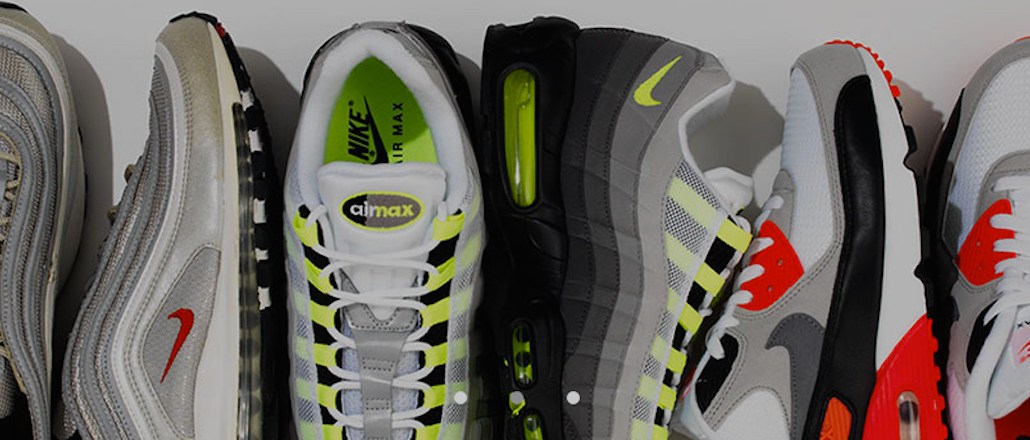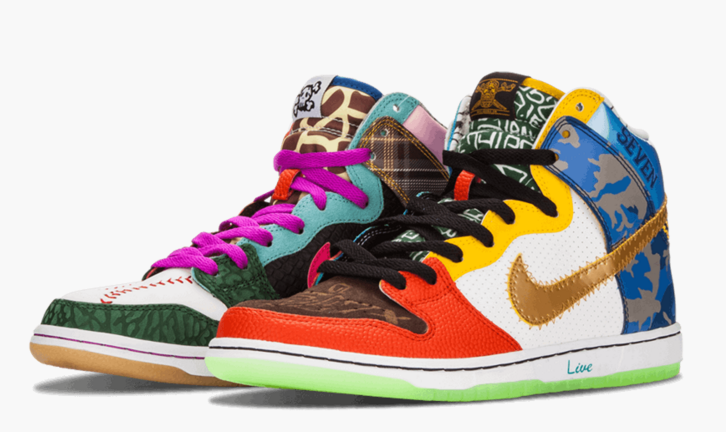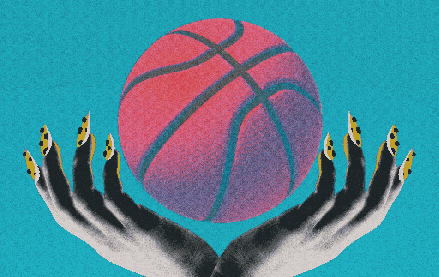
For true sneakerheads, lining up for limited-release footwear involves nights spent camped out on the sidewalk and fights that can even turn deadly — a new documentary, “Sneakerheadz,” claims that sneaker fever is responsible for 1,200 deaths a year. Online, where it’s safer, eBay has become an integral part in buying and selling rare shoes, and due to a new partnership with footwear consignment retailer Stadium Goods, the process could become more customer-friendly.
The market for reselling collectible sneakers is huge: sneaker data company Campless reports that the secondary sneaker market, where sneakers are resold, was worth $1.2 billion as of October 2015. eBay, whose sneaker market is valued at $334 million in the past 12 months, accounts for 25 percent of the industry, according to Campless.
Campless founder Josh Luber said during a recent TED Talk that the reselling profits for Nike sneakers (which make up 96 percent of all consignment sneakers — sneakerheads love Air Jordans) were at $380 million dollars in 2014, a total that tops the second largest sneaker brand Skechers’ net income of $209 million in the same year.
“Once a pair leaves the retail channel, it’s the Wild West,” said Luber. “There are very few, if any, legal, unregulated markets of this size. Literally, anywhere sneakerheads come into contact with each other, shoes will be bought and sold. But that means no efficiencies, no transparency, sometimes not even authenticity.”
Stadium Goods, which runs an e-commerce store and New York City brick-and-mortar location, is aiming to elevate the eBay market to improve efficiency and authenticity in the sneaker consignment market. Its current stock of 15,000 sneaker and apparel products will be put up for sale on eBay, and anyone who decides to sell through Stadium Goods eBay store can do so, knowing that the Stadium Goods team will handle the back-end leg work, like fulfillment and customer service. In return, Stadium Goods’ items will get in front of eBay’s sneakerhead network, made up of 160 million buyers and sellers.
“The point is to go beyond traditional e-commerce and brick-and-mortar buying and selling options,” said Stadium Goods co-founder John McPheters. “It opens a new avenue for sellers to sell faster on eBay without the work, and guarantees premium customer service.”
With better customer service, including a concierge service for VIP customers and a buy online, pick-up in store option for New York City area buyers, Stadium Goods is building a more consumer-friendly experience than the “Wild West” that currently exists.
Those buying from Stadium Goods on eBay can also feel confident they’re getting the real deal, which is important when it comes to sneakers that can run up to $40,000 (for the extremely rare Jordan x Undefeated collaboration sneaker). All of the sneakers sold on through Stadium Goods are approved for authenticity by the team.

“We’re providing a level of customer service that doesn’t exist in the market right now,” said McPheters. While sneakers will continue to be sold on eBay outside of the Stadium Goods store, McPheters is hoping that the benefits the partnership offers will help grow its business.
With eBay, Stadium Goods is also putting its content in front of the marketplace’s sneaker community, including the hugely popular “unboxing” videos that let the sneaker obsessed watch every moment involved in opening up a brand new pair of sneakers. Stadium Goods hasn’t begun publishing its own content yet, but plans to create exclusive blog posts and video that will appear on eBay. According to Google data, unboxing videos saw around 1.1 billion views so far in 2015.
Stadium Goods, which projects that 35 percent of its revenue will be made via mobile commerce by the end of the year, is also optimizing a buy-now button to accompany its eBay and online stores to make mobile purchases easier.
“We optimized for mobile shoppers because sneakers are a passion purchase,” said McPheters. “We know this because this is how we feel when we see someone walk by with a pair of kicks we’ve never seen and need to have, right now. That doesn’t just happen when you’re at a computer, that happens when you’re out on the street.”
More in Marketing

Why the New York Times is forging connections with gamers as it diversifies its audience
The New York Times is not becoming a gaming company. But as it continues to diversify its editorial offerings for the digital era, the Times has embraced puzzle gamers as one of its core captive audiences, and it is taking ample advantage of its advantageous positioning in the space in 2024.

Why B2B marketers are advertising more like consumer brands to break through a crowded marketplace
Today’s marketing landscape is more fragmented than ever. Like consumer brands, business brands are looking to stand out in a crowded and competitive marketplace, making marketing tactics like streaming ads, influencers and humorous spots more appealing.

As draft puts WNBA in spotlight, the NBA is speeding up ballplayers’ transition to creators
The NBA’s star athletes are its greatest marketing asset.





